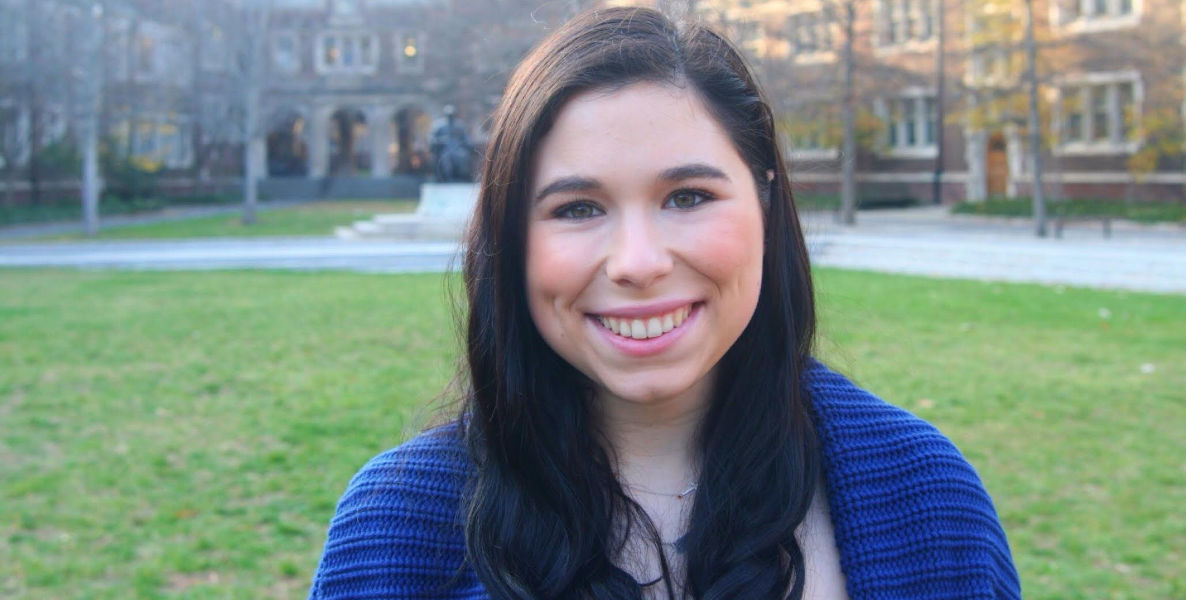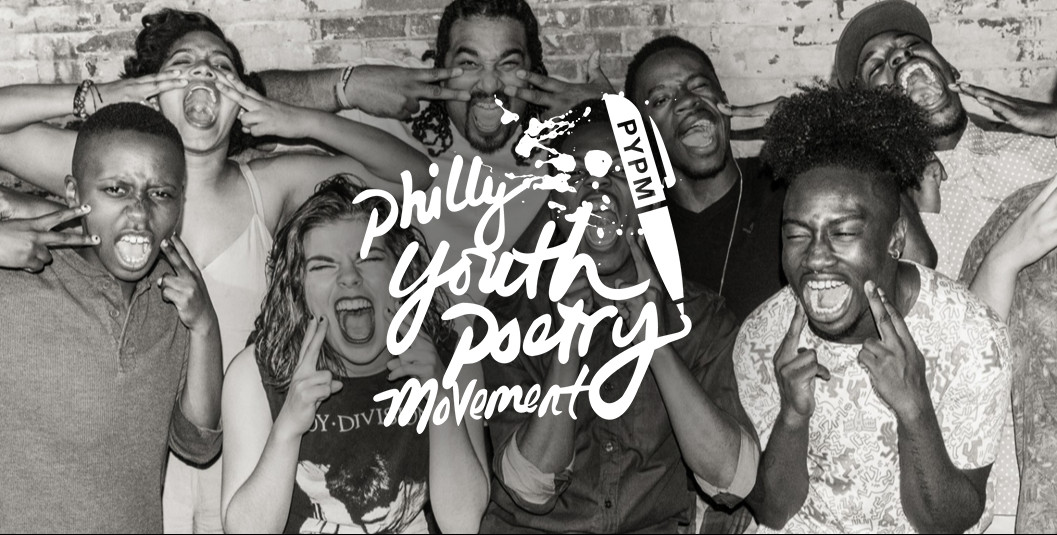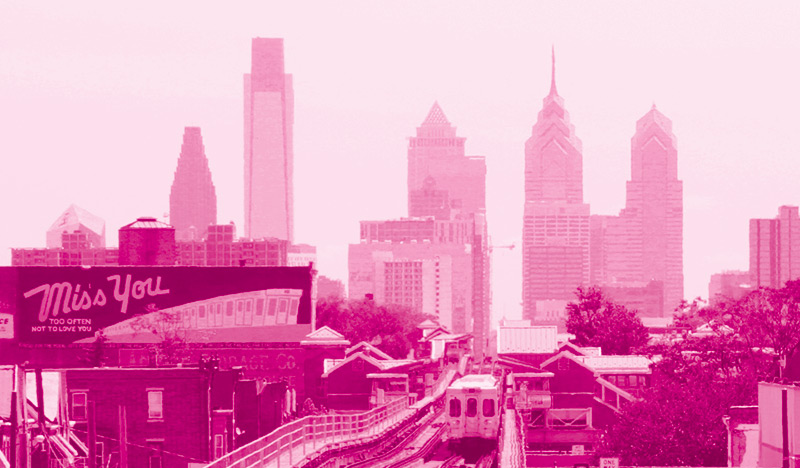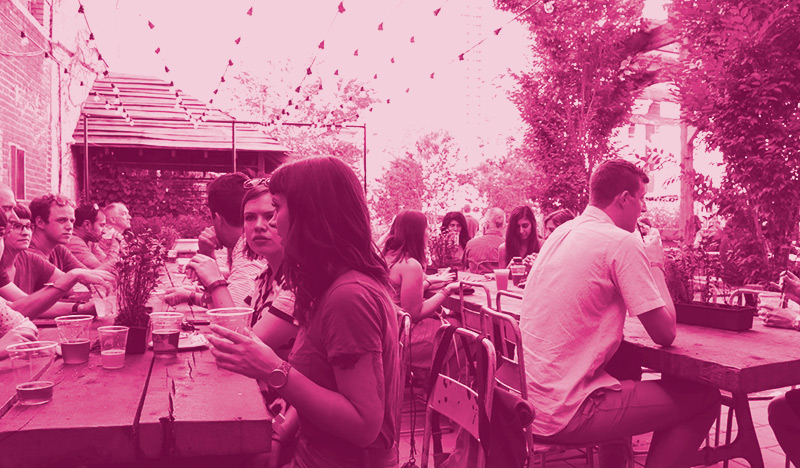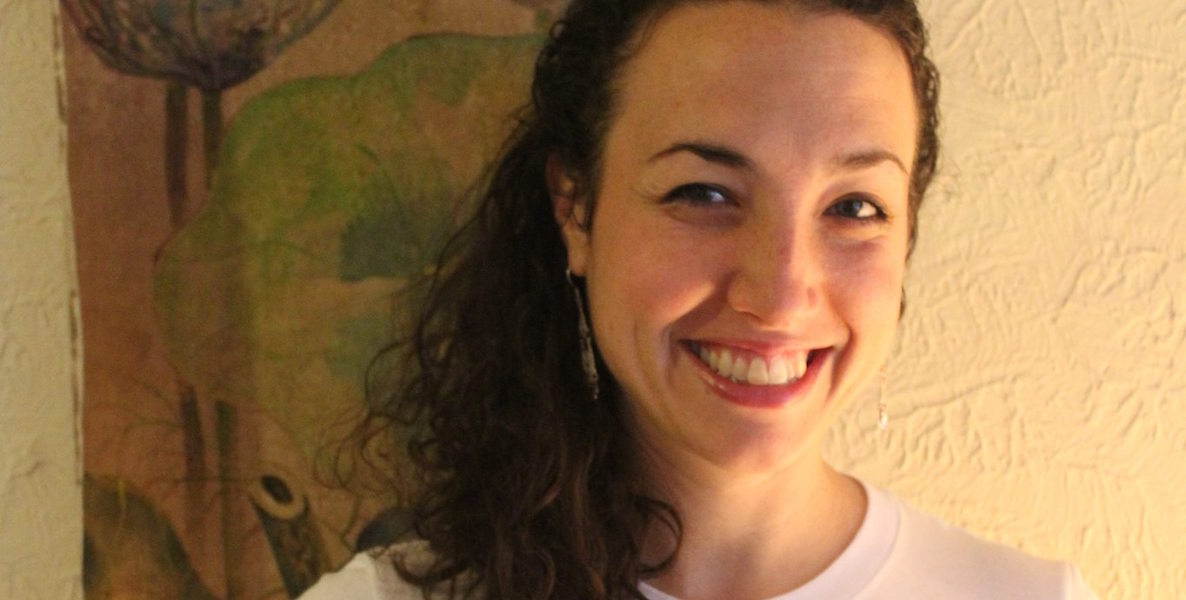It all started one summer night, after a night of dancing, outside Jim’s Steaks on South Street, where Meg Ferrigno was waiting for friends. Police officers approached and told her to move off the sidewalk, which she did. But as Ferrigno later outlined in a complaint, the officers threw her against a wall anyway, snapped handcuffs tight around her wrists, and placed her under arrest. When her friend came out and demanded to know what the charges were, she too was placed under arrest. The friends spent a night in jail on charges of loitering and obstructing highways.
Ferrigno and her friend were found not guilty of all charges, but something had been changed in her. She lived in West Philadelphia, and taught at Sayre High School, where her students routinely told her of the abuses they received at the hands of police. Now she understood. As a white woman, the system came out in her favor; but she knew many Philadelphians of color were often not so lucky.
Ferrigno didn’t want to sue the city. She had spent seven years studying Buddhist philosophy and volunteering in Tibet, India and Nepal. She wanted nonviolence training and counseling for the arresting officers. But after her lawyers advised her that would never happen, she agreed to sue. In the end, the upstate New York native got a $15,000 check from a city she now distrusted.
“As an activist, I burned out from so much hatred and anger,” Ferrigno says. “This place is about sustainability in all its forms. This place is about sustaining our community through love.”
Ferrigno had a choice: She could pocket the money and stay angry, perhaps send it to an NGO she had started in Tibet. Or she could do something that made real and lasting change right here.
“I decided not to run back to the Himalayas,” Ferrigno says. “I decided to try to make something positive from the experience.”
Ferrigno looked at organizations in town where she could donate her settlement. “But none seemed to get at the core of the issue: that violence has saturated all levels of our society in Philly,” she writes on her website.
So she decided to start her own center for nonviolence. On a scouting trip for a house on Cedar Avenue in West Philly, Ferrigno saw a red house across the street next to a big lot, with an exterior brick facade that resembled Amitabha Buddha, the Buddha of light. It was a sign.
The house was for sale, but at $260,000, was way out of her budget. But the sellers responded to her vision and liked that she was not a developer. In an act of generosity, compromise, and—Ferrigno thinks—a little bit of magic, the sellers accepted her lowball offer of $150,000. Ferrigno and her friends got right to work ripping up flooring, demoing walls, and more.
Ferrigno didn’t want to sue the city. She had spent seven years studying Buddhist philosophy and volunteering in Tibet, India and Nepal. She wanted nonviolence training and counseling for the arresting officers.
In the fall of 2012, Ferrigno opened Ahimsa House—named for the Sanskrit word meaning nonviolence—a center for practicing peace and mindful living. It offers a robust roster of classes—meditation, yoga, dance, and rotating programs for mental health and creativity—that serve more than 150 West Philadelphians each week in Cedar Park, a racially diverse neighborhood with the fastest rising rents in the city in recent years.
All classes are taught by volunteers and offered on a dana basis—meaning generosity, or by donation. These donations pay for the classroom supplies and garden. (A small room in the back of the first floor, and two second floor rental apartments, pay for Ferrigno’s mortgage and utilities.)
“In Asia, I received all my teachings through dana,” Ferrigno says. “I was able to study Buddhism and travel and live on a dollar a day. It’s all about exchange—what can you give and offer, what can you receive.”
This spirit of exchange is also visible in the community garden. Ferrigno made good on her promise to the previous owner to look after the vacant lot next door, though technically it did not belong to her. The first summer she owned the house, Ferrigno got a metric ton of organic compost soil mix and with the help of neighbors who started stopping by, she transformed the lot into a community garden. “That first summer we had hundreds of tomatoes,” Ferrigno remembers.
Now, anyone can come and pick fruits or vegetables, plant in their own section of the garden, or weed; a chalkboard on the side of the house keeps track of who’s doing what. Volunteers have offered their own ideas: Samuel Huey School students asked for a food-justice project, and helped Ferrigno restart West Philadelphia’s Food Not Bombs chapter. Each Friday, community volunteers use the large Ahimsa house kitchen to prepare a hot meal that is then served to people, many food insecure, who gather in Cedar Park, along with produce from the garden and donated groceries.
Ferrigno saw the true impact of Ahimsa House last year, when a developer bought the vacant lot, and demanded $80,000 to sell it to her. When word got out, the neighborhood rallied around her. One neighbor donated $12,000, another $5,000, still another a zero interest loan of $10,000. With the help of two musical fundraisers and thousands of class donations, they raised $42,000. Ferrigno was floored.
“There was such energy,” she says, “I couldn’t turn my back to it. People were donating to our campaign, writing in the comments how much they loved the space and how much it means to them. People I had never met. I was like, who are these people?”
A loan from the Philadelphia Credit Union covered the rest, and the lot remained a precious garden. Now the Ahimsa House garden is part of the Pennsylvania Horticultural Society City Harvest program, which provides mulch and materials to build raised beds.
“As an activist, I burned out from so much hatred and anger,” Ferrigno says. “This place is about sustainability in all its forms. This place is about sustaining our community through love.”
Corrections: An earlier version of this story said donations helped pay Ferrigno’s mortgage; they do not. It said the Cedar Park community meals feed the homeless; none of the participants are homeless. It also stated that Ferrigno volunteered in China; she was in Tibet, Nepal and India.




